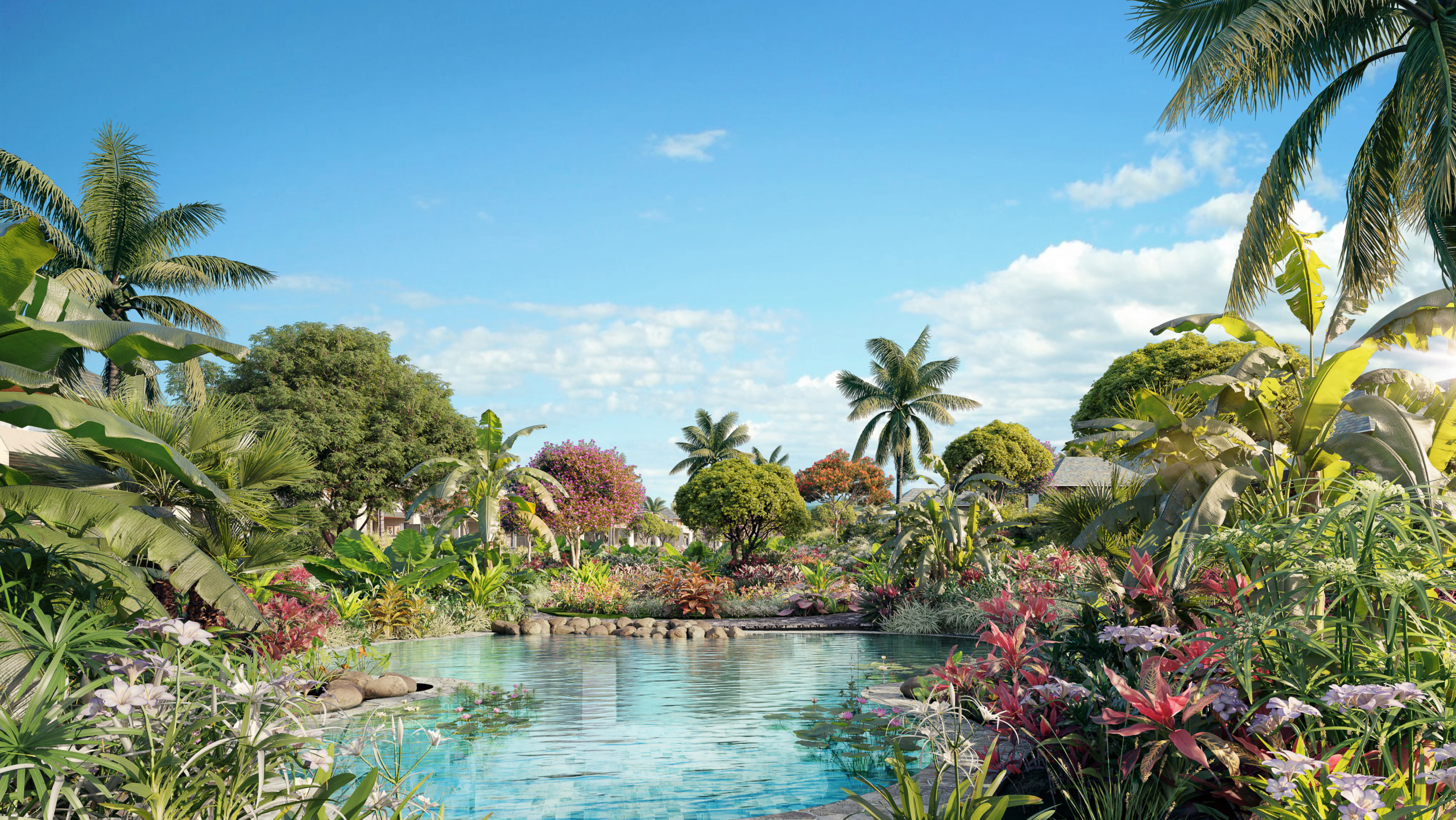Biocultural Conservation: Bridging Science and Design
By WATG
April 22, 2024
Earth Day 2024
At WATG, landscape architecture is rooted in the practice of maximizing a project site’s nature, culture and commercial value, and biocultural conservation. This balance is achieved by first conducting research to understand a site’s biodiversity and cultural heritage, and then using those insights to inform innovative design solutions that are not only beautiful and integrated into the holistic experience of a place but that also restore natural landscapes, celebrate and conserve heritage, and generate a net increase in biodiversity.
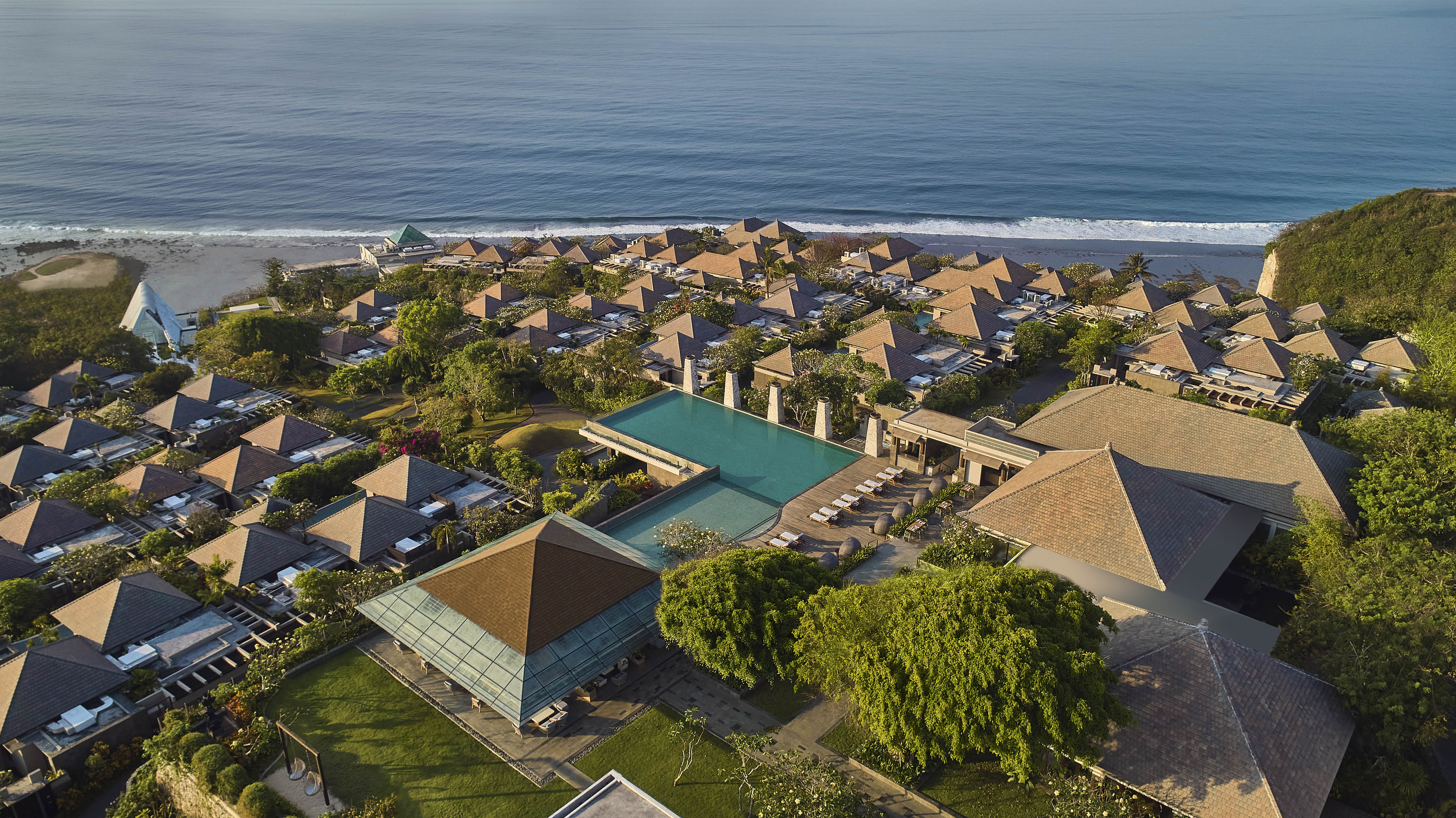
Umana Bali – Extensive use of locally sourced materials and plant species creates a cliffside landscape that is both sustainable and ecologically attuned.
The Science Behind the Design
Good science informs good design. Through this rigorous approach, our work ensures that our clients’ properties are both commercially viable and deeply informed by the nature and culture of the place. Enhanced commercial value is achieved by boosting a site’s longevity, strengthening its resilience to natural impacts such as sea level rise, and attracting visitors who are increasingly drawn to responsible, sustainable and culturally authentic destinations.
We often work closely with organizations such as UNESCO, the International Council on Monuments and Sites (ICOMOS), and the International Union for Conservation of Nature (IUCN) and share their motivation to rebuild our planet’s critical biodiversity through the ecological restoration of degraded landscapes. The UN’s Environment Programme has recently shared the Center for Earth Ethics’ report on ecosystem restoration, which emphasizes “the crucial role of values, culture and spirituality in anchoring and accelerating successful restoration projects.”
Rebuilding our planet’s critical biodiversity through the ecological restoration of degraded landscapes.
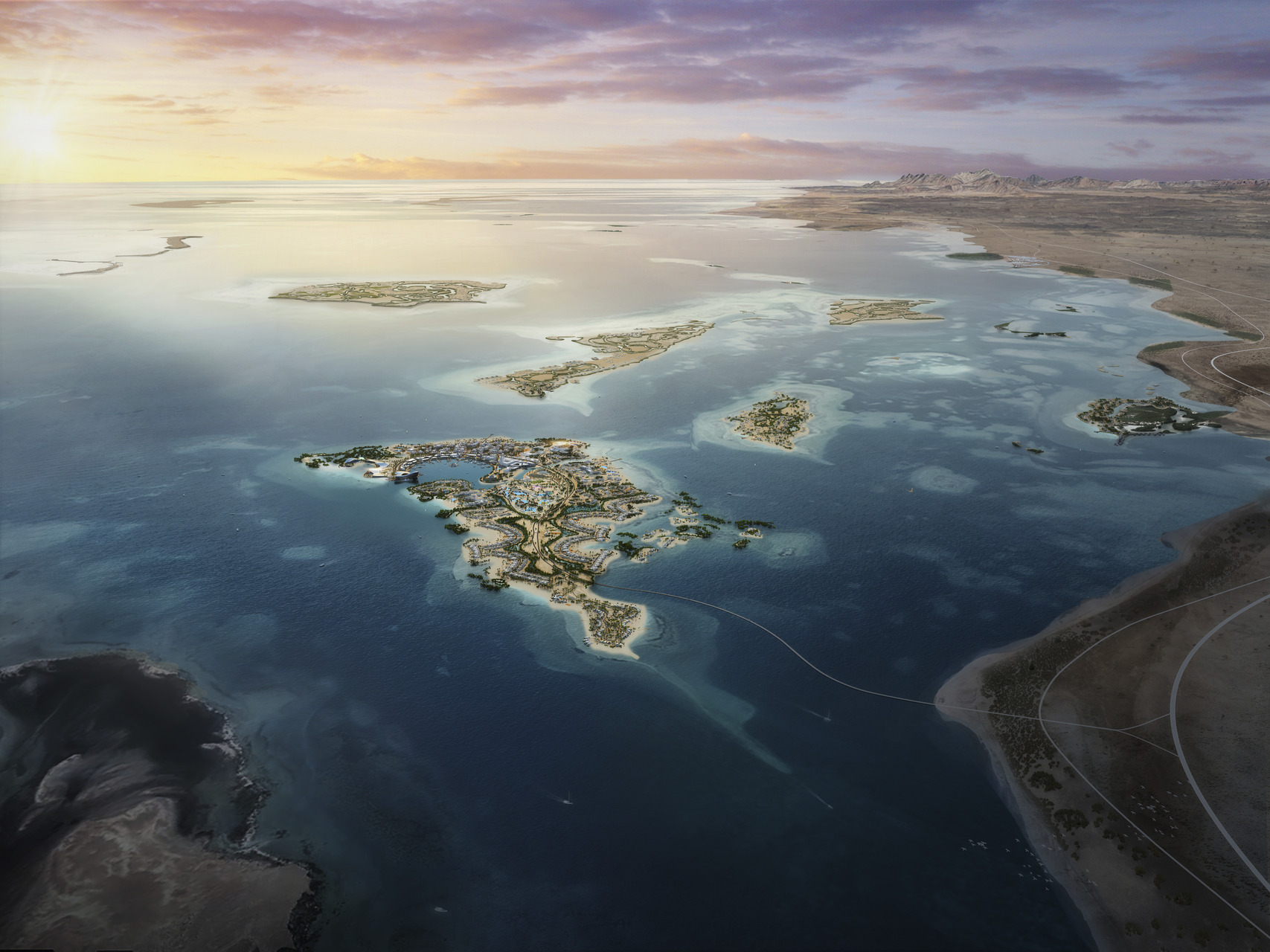
The Red Sea Project – A phased development strategy for islands, coastal villages, and inland areas, prioritizing the preservation of natural, cultural, and historical significance. Focused on long-term sustainability, the plan aims to set new standards by integrating advanced strategies for the preservation and enhancement of marine and terrestrial habitats, infrastructure, architecture, and guest experiences, ensuring minimal impact on both people and the planet.
Taking a broad view of an ecosystem’s connectivity
An integral part of our landscape teams are our heritage advisors, bringing decades of experience from globally influential projects along with strong connections to international heritage and conservation organizations. These experts delve deeply into the natural and cultural heritage of each site, analyzing and unraveling both tangible and intangible elements of heritage. These insights significantly shape our design strategies to both protect natural resources and enhance the site’s potential.
For instance, in developing a new resort in Eastern Europe, our landscape team collaborated with our master planning studio to assess the ecological characteristics and limitations of the delicate site. This thorough research highlighted the significance of the location — at a river delta where waters from the mountains meet the sea — and the potential to safeguard and improve its ecology. The master plan we developed set forth principles that not only maximize commercial value but also conserve the natural coastal habitats. Our studies underscored the importance of the region’s wetlands, crucial for migratory birds in Europe. By adjusting the project to safeguard these critical wetlands and stabilize the fragile ecosystems, the resort is poised to attract visitors eager to experience this unique natural environment.
Our heritage advisors gather insights into the natural and cultural heritage of each site, significantly shaping our design strategies to protect natural resources and enhance the site’s potential.
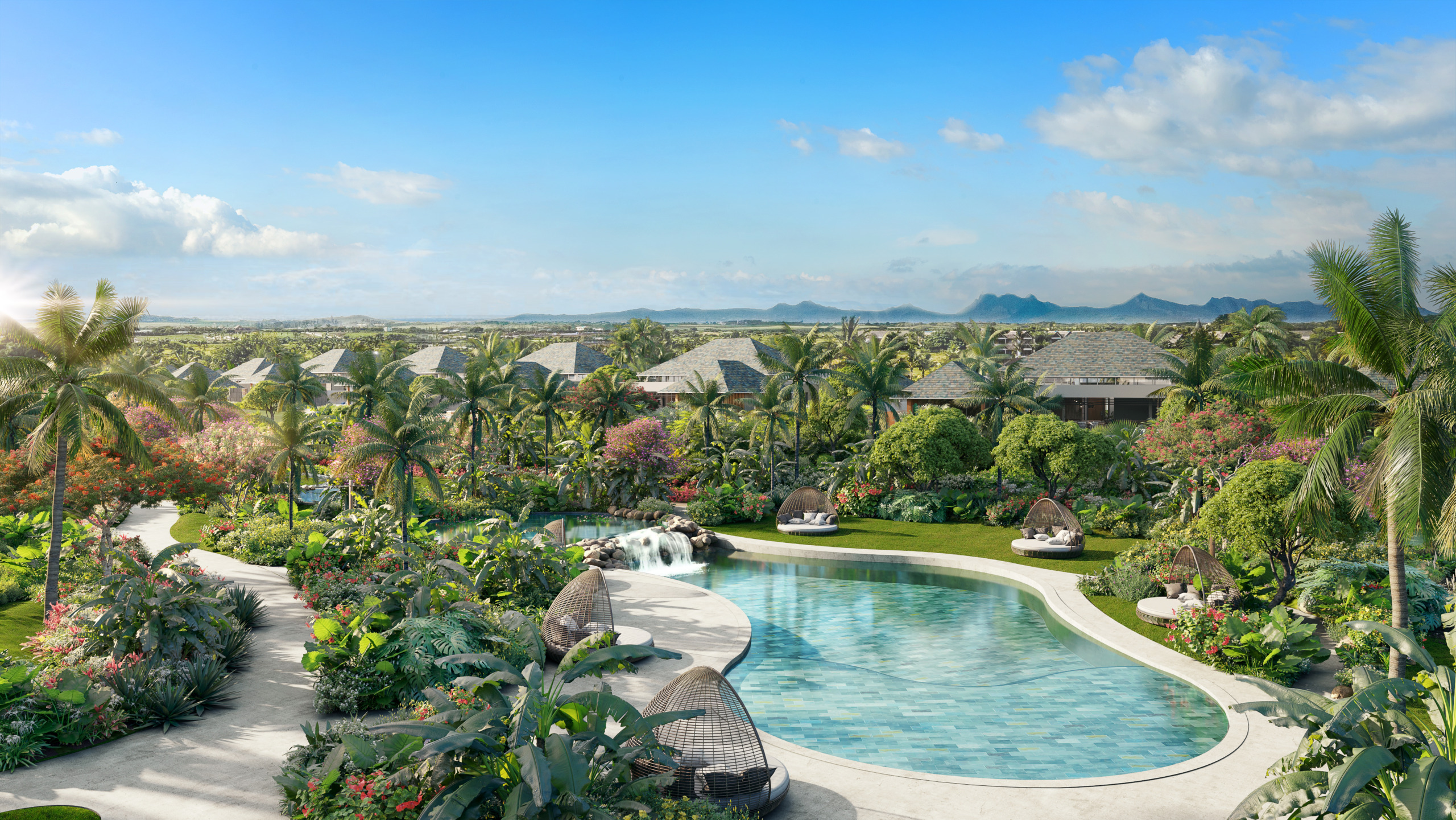
Mont Choisy – At Mont Choisy La Reserve, WATG sought to create a unique swimming experience for residents where the water is naturally treated and will be of greater quality than standard chemically treated pools. Working with Ecopools, a global expert in natural swimming pools, we have brought together the science of biological filtration and the qualities of Mauritian native planting to create an elegant, nature-inspired environment.
The growing demand among international travelers for responsible, sustainable destinations and genuine cultural experiences underlines the tangible return on investment from an ecological focus. Our approach involves assessing each project with a long-term perspective, considering changing demographics, economics, and environmental factors like climate change and sea level rise. This extended outlook helps reveal the comprehensive benefits to both the environment and our clients stemming from an initial emphasis on conservation.
Another project benefiting from this focus inhabits a site in Abu Dhabi, featuring a landscape designed by our team that highlights the narrative of the UAE’s founding. This landscape, inspired by extensive research, becomes an immersive experience that weaves the significance of nature and culture into the country’s story, guiding visitors from the site to the sea. The design exclusively uses native plants, which are environmentally sustainable and require minimal irrigation, thereby connecting the modern Emirates to its historical roots while setting a model for future landscape practices.
The demand from travelers for responsible, sustainable destinations and genuine cultural experiences underlines the tangible return on investment from an ecological focus.
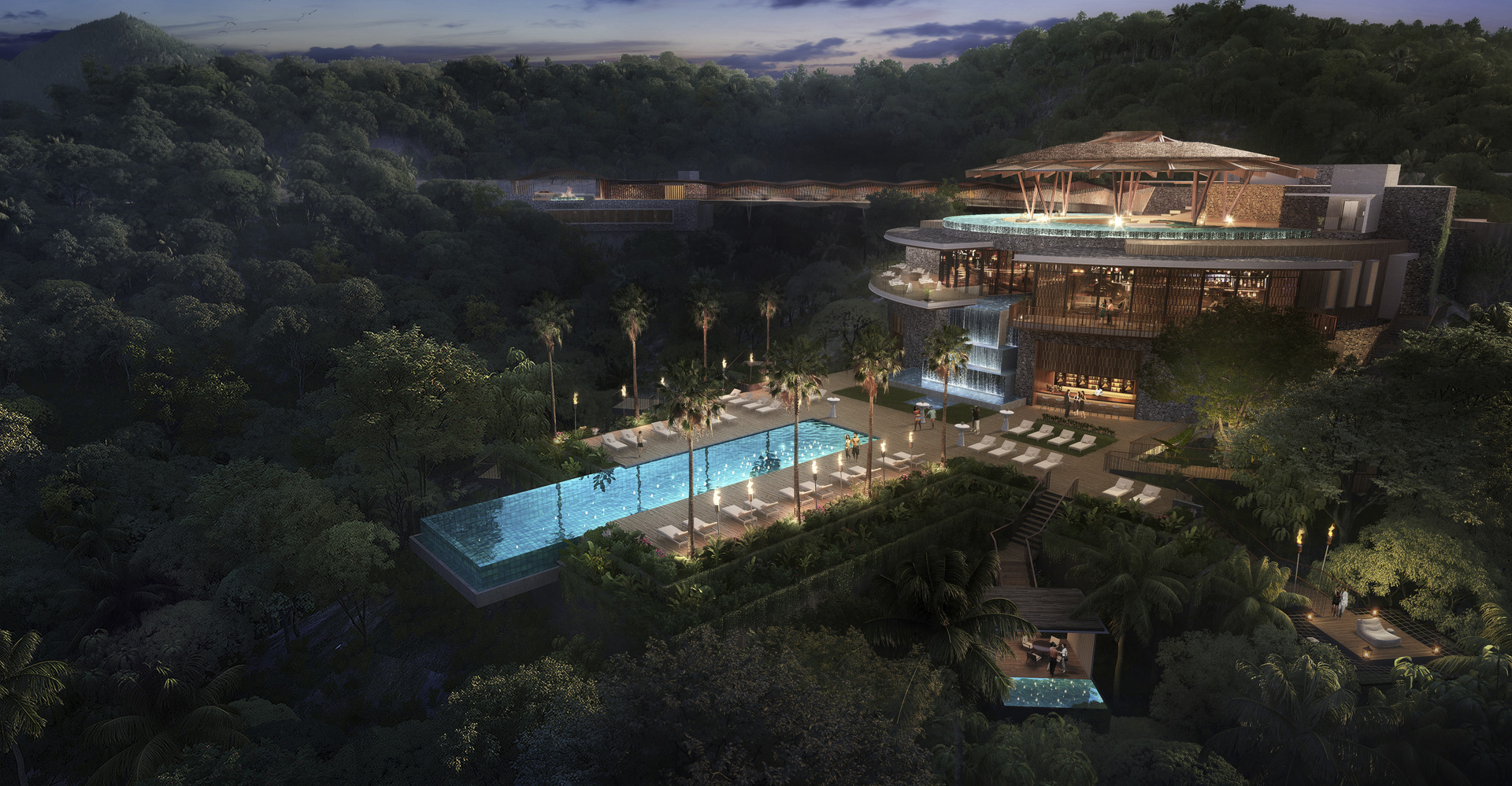
Hann Lux – A regenerative approach has been deployed, with existing vegetation and plant stock used throughout to reduce impact and preserve the landscape, enhancing the site’s biodiversity and migratory bird habitats. A water management strategy has been developed to reduce the requirements of the properties and facilitate drainage-fed water features in a highly sustainable way, connecting with the site’s water reservoirs where possible.
We often work with our clients to envision what’s possible 100 years from now, looking beyond the immediate impact of our craft and focusing on the legacy of our work.
Designing a net positive ecological impact
From WATG’s earliest days and as leaders in our industry, we have always felt a need, an opportunity, a moral obligation to demonstrate the way hospitality projects can result in a net positive ecological impact. Our clients recognize this integrity. They see the value beyond traditional development and economics. They also recognize the long-term resilience it can bring.
Every project has an opportunity to have this positive impact in terms of biodiversity and cultural heritage, and to leave local communities and economies better. To achieve this, we often work with our clients to envision what’s possible 100 years from now, looking beyond the immediate impact of our craft and focusing on the legacy of our work.
Facilitating the creation of this legacy is emotional work, connecting with both the head and the heart. The dedication of our team of experts to the land and its conservation pushes us forward. There’s integrity to what we are planning and doing, and to us, integrity drives value – for us, for our clients, and for the communities they serve.
Identifying existing real estate to be renovated, converted for new use, and fitted with new tech and systems is now mandatory. Sustainability can no longer be an afterthought and must remain at the forefront of our approach. Our work can have an immense influence on the environment, so we dutifully develop sustainable solutions, integrate them into our design process and always stay sensitive to the site and its connection to the Earth.
Latest Insights
Perspectives, trends, news.
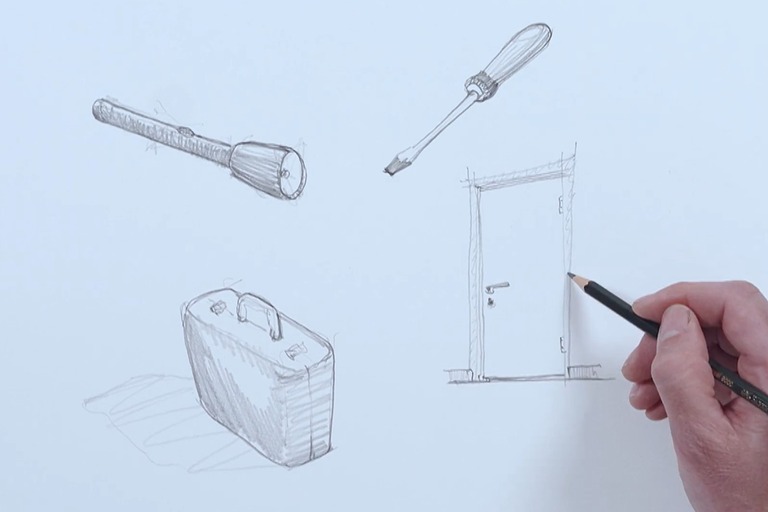
- News
The Torch, The Screwdriver, and the Pencil – Pete Wimberly’s Story
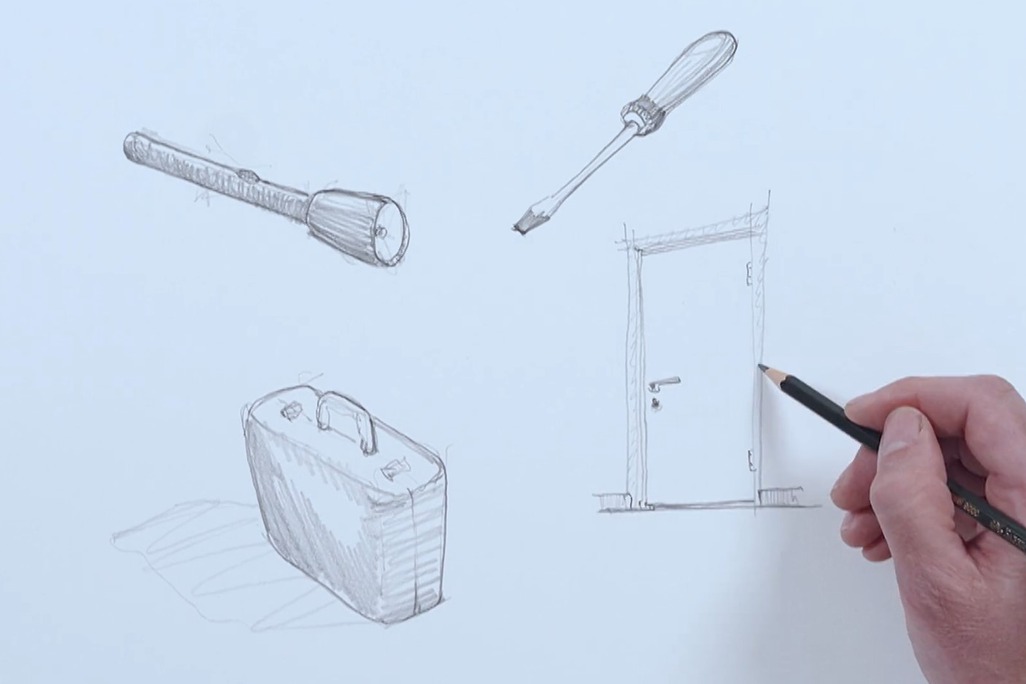
- News
The Torch, The Screwdriver, and the Pencil – Pete Wimberly’s Story
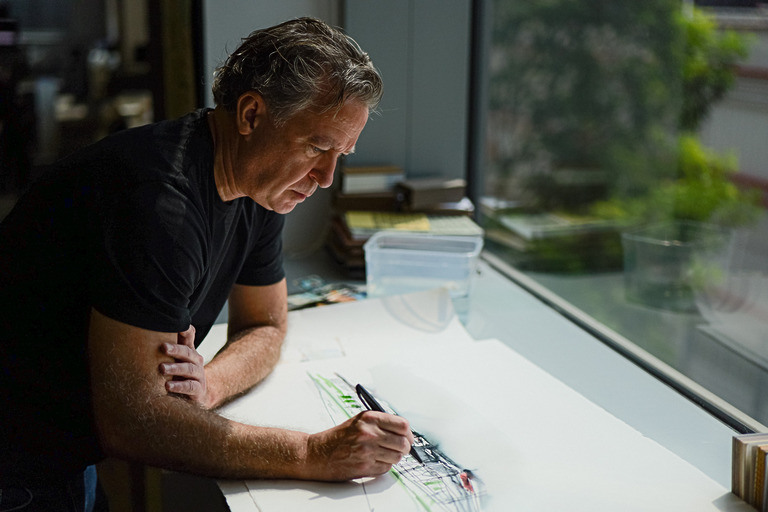
- Employee Feature
Ian Simpson: Constantly Curious, Constantly Creative
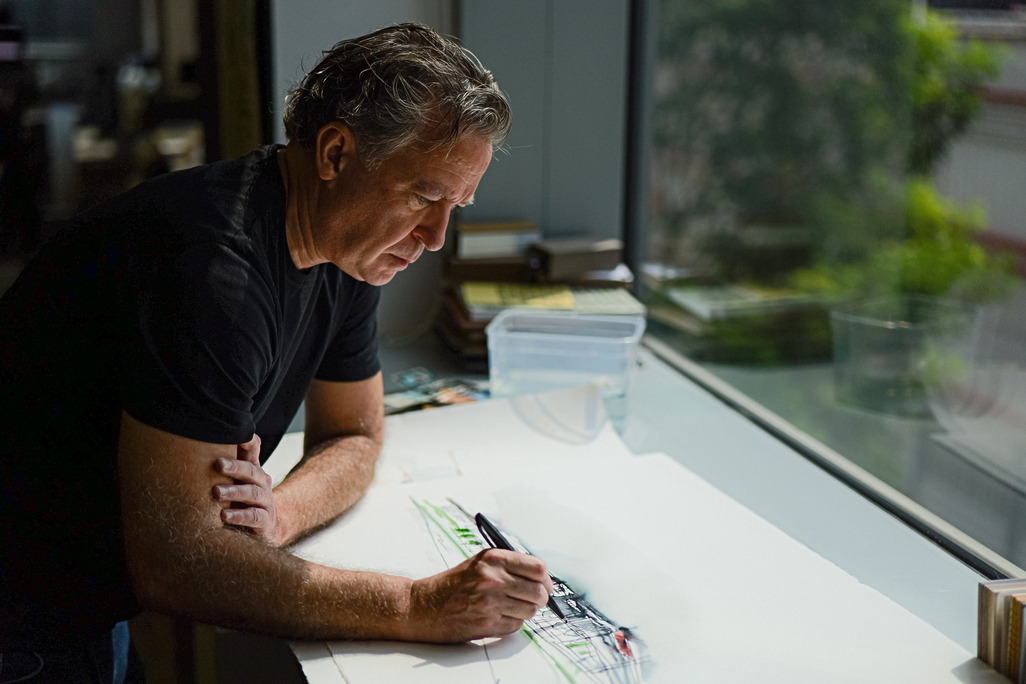
- Employee Feature
Ian Simpson: Constantly Curious, Constantly Creative
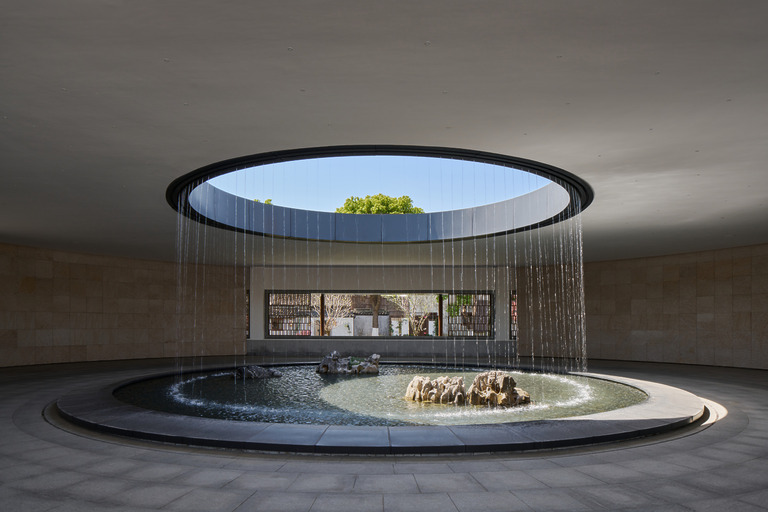
- Strategy & Research |
- Design Thinking & Innovation
Designing the Arrival Experience
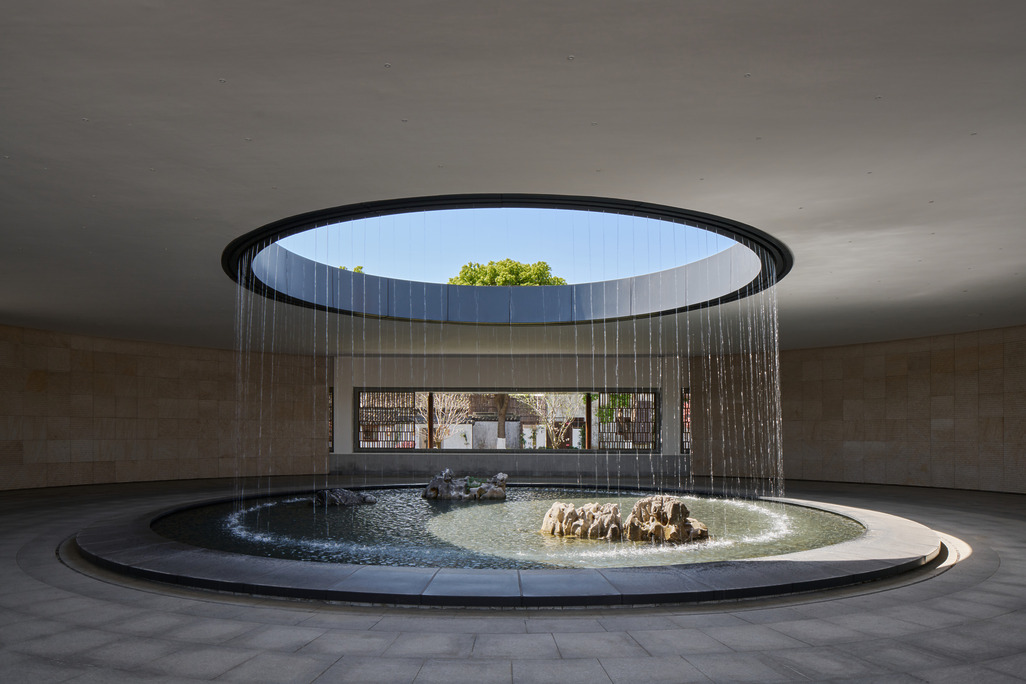
- Strategy & Research |
- Design Thinking & Innovation
Designing the Arrival Experience
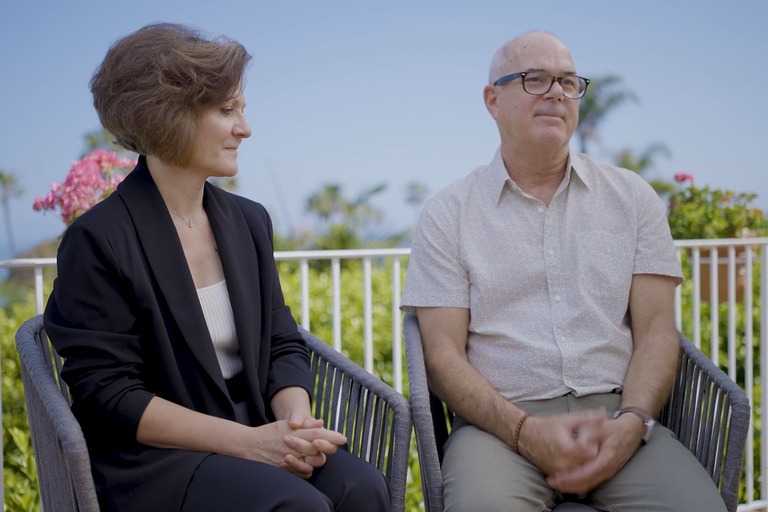
- Employee Feature |
- Inside WATG
Mentorship, Community, and Creativity: WATG’s Blueprint for the Next 80 Years
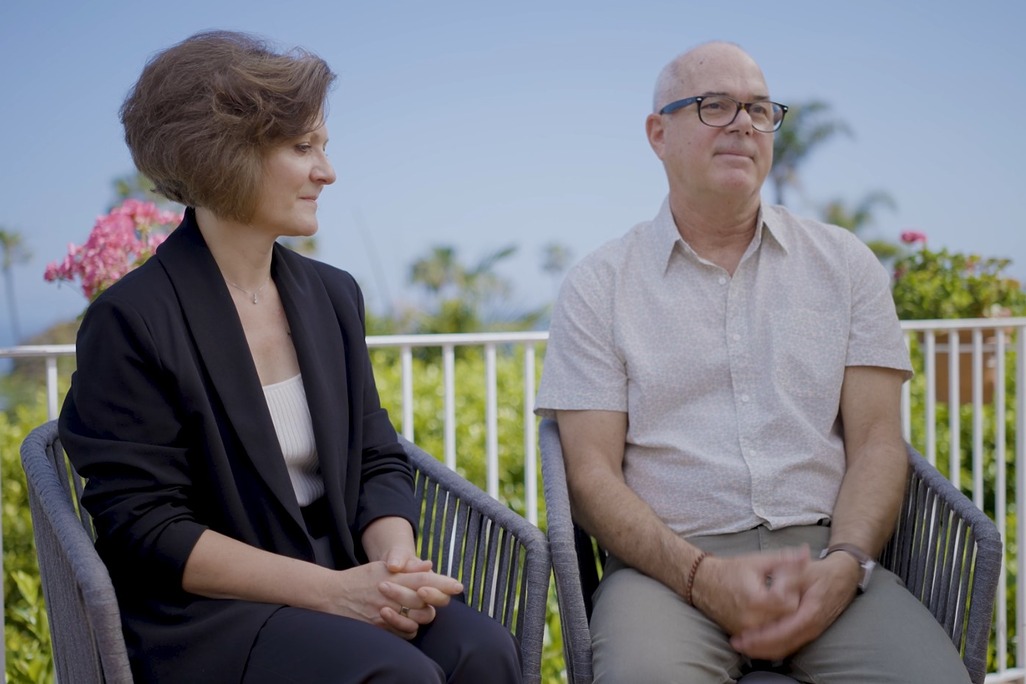
- Employee Feature |
- Inside WATG
